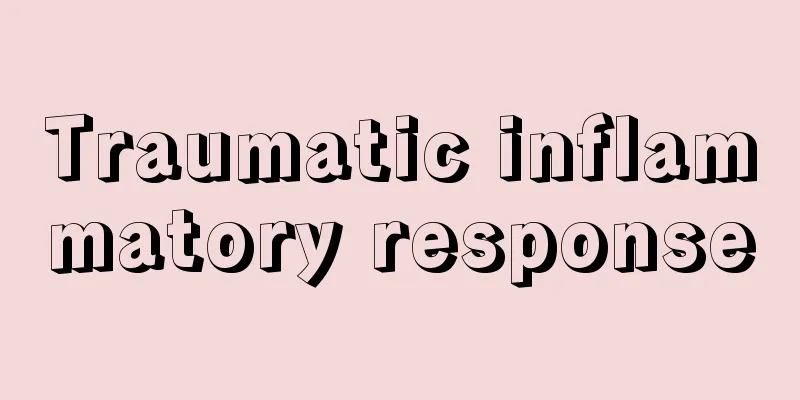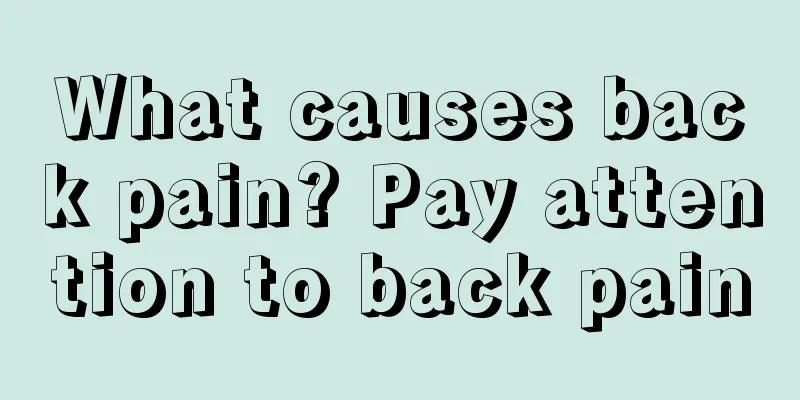Traumatic inflammatory response

|
The inflammation we commonly see is usually infectious inflammation caused by bacterial invasion. For this type of disease, many anti-inflammatory drugs on the market can cure it. However, there are other types of inflammation in medicine, such as traumatic inflammation, acute inflammation and other physiological reactions. Traumatic inflammation usually results from tears and damage to the body's subcutaneous tissue. So what are the main symptoms of traumatic inflammation? 1. Traumatic ulcers refer to ulcers caused by long-term chronic mechanical damage such as residual roots and crowns in the mouth, sharp edges of teeth, misplaced teeth, and poor restorations; or ulcers caused by long-term self-harming bad habits such as biting the cheek, cheek, and lip. The shape of the ulcer matches the irritant perfectly 2. 1. Physical damage 3. It is the most common traumatic ulcer. Residual roots, residual crowns, poor restorations, sharp tooth tips, etc. can cause ulcers or erosions in the corresponding mucosa. At first, there may be only slight pain or swelling. After a long time, there will be an inflammatory reaction around the ulcer, the base of the ulcer will be hard, and there may even be tissue hyperplasia. If it occurs on the edge of the tongue in the elderly, it is often suspected to be tongue cancer. The size, location, and depth of the ulcers vary, but are consistent with the irritant. The severity of the condition is related to the duration of the stimulus and the patient's physical condition. When secondary infection occurs, the pain worsens and regional lymph nodes become swollen and tender. 4. The ulcer caused by repeated friction of the hard rubber pacifier on the mucosa of the baby's upper palate wing hook is called Bednar ulcer. The ulcer on the tongue caused by the friction between the short tongue frenulum and the sharp incisal ridge of the newly erupted mandibular incisors in children is called Riga-Fede ulcer. 5. Acute or accidental mechanical injuries are also common, such as trauma, bites, a hard toothbrush or improper use, improper use of sand or dental drills, which can cause acute damage to the mucosa, ulcers, and even lacerations. 6. 2. Chemical damage 7. Chemical damage to the oral mucosa is caused by improper local medication or accidental ingestion of strong acids or alkalis. In oral treatment, some corrosive drugs may damage the mucosa if used carelessly, such as arsenic trioxide inactivator, iodine phenol, silver nitrate solution, etc. As the temporary cement sealing is not tight, arsenic trioxide enters the tooth gap, damages the gingival papilla, and even causes tissue necrosis, and even worse, causes alveolar bone necrosis. Improper use of silver nitrate, trichloroacetic acid, etc. can also cause mucosal necrosis. In addition, patients sometimes take painkillers, such as aspirin, in their mouths because of toothache. Because the drug contacts the gums for too long, it causes chemical damage, resulting in local congestion and erosion. |
<<: What medicine can be used to stop bleeding from mole sores
>>: What does ct inflammation change mean
Recommend
How to deal with air embolism during infusion?
Air embolism is very easy to occur during infusio...
The harm of toilet cleaner to human body
If there is a water outage in our toilet, you wil...
Is glucose really effective in treating motion sickness?
Have you ever experienced motion sickness? This f...
What to do if brown round spots grow under the armpits
Brown round spots on the armpits can make people ...
How to correct bony overbite
Overbite is a more serious type of dental deformi...
How long can you live if pancreatic cancer cells spread
The treatment of pancreatic cancer is a systemati...
How to classify uterine cancer
Uterine cancer is a fatal blow to women. After su...
Is it good to cook rice with hot water?
The habit of eating rice is most common in the so...
How to treat cervical ligament calcification? What are the factors that cause cervical ligament calcification?
Calcification of the cervical ligament, also know...
Types of crabs that cannot be eaten
There are many types of crabs, but not every type...
How long does it take for the incision to heal after thyroid cancer surgery
The incision from thyroid cancer surgery usually ...
What are the principles of TCM treatment for liver cancer? TCM treatment of liver cancer follows four principles
What are the principles of TCM treatment of liver...
Will colon cancer affect the eyes?
Many people think that colon cancer is far away f...
What are the emergency treatment methods for lung cancer?
What are the best emergency treatment methods for...
What is the reason for the growth of soft weeping warts
Warts are also known as soft fibromas. They are a...









